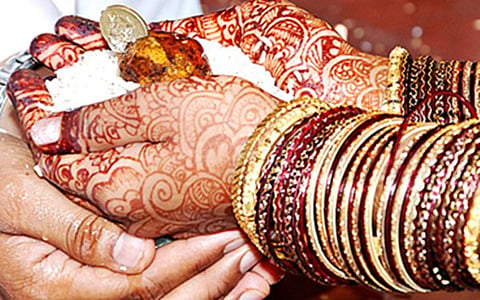On December 21, the day that the Mayans prophesised the world would end, my little cousin got married. At the age of 23, he still likes sleeping on his mother's lap and enjoys being pampered by his older cousins. The family is very well off, the lineage well-respected in the region. He lives with his parents and looks after a vast family estate. A frantic search for his potential bride started the day he turned 21. Let me explain.
This is the latest, albeit rare, triumph that I am hearing about in my community. Here is my full disclosure: I was born into the Havyaka Brahmin community, the coastal Karnataka wing of a sub-caste of Brahmins, supposedly perched on the top rung of an already tall caste order. The Havyakas have their own dialect, a version of Old Kannada. Their cuisine is distinct from those of other Brahmins. Shredded coconut is used in nearly everything, perhaps because of coastal influence. An array of traditional recipes for jackfruit, raw banana and breadfruit makes the Havyaka kitchen unique. Even within the community, differences are evident; the Havyakas of central Karnataka have another dialect, different cuisine and less rigid practices.

